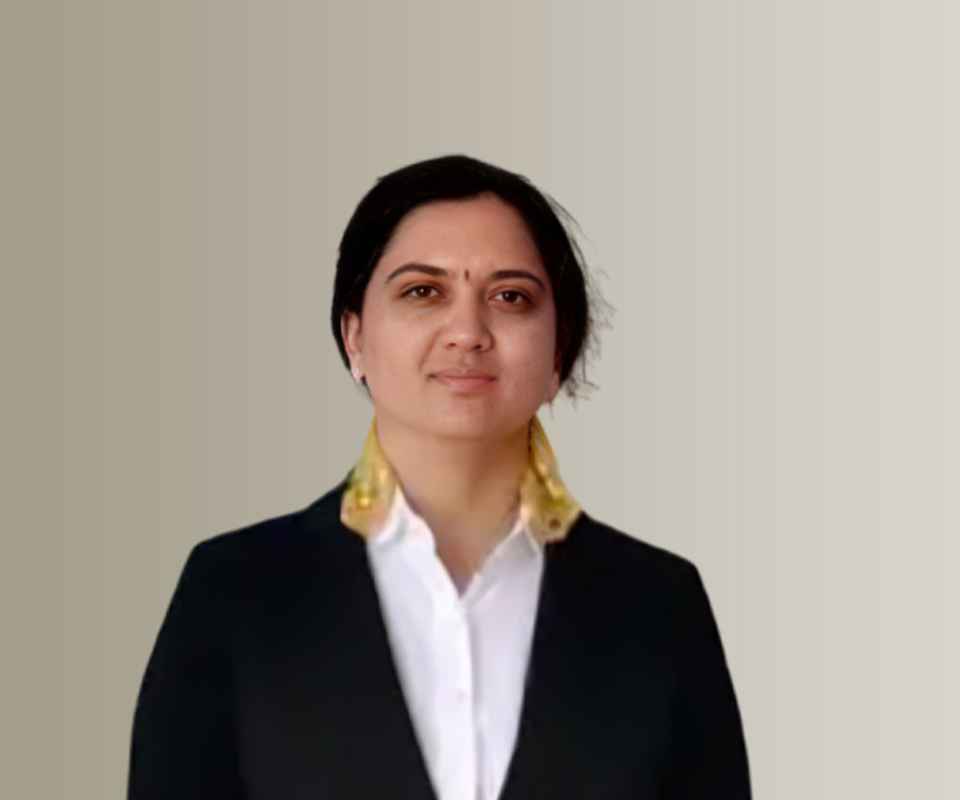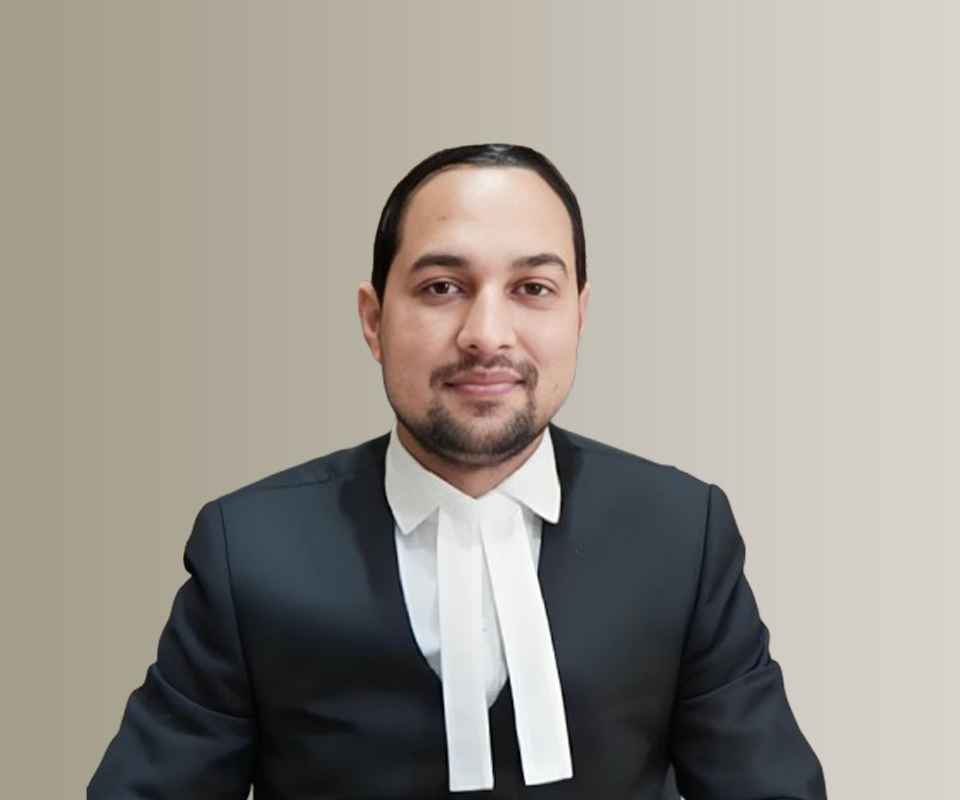Answer By law4u team
Custody rights for adoptive parents are generally similar to those of biological parents once the adoption is finalized. However, certain legal distinctions can arise, especially in the event of separation, custody disputes, or challenges to parental rights. Adoptive parents gain full legal rights over the child they adopt, but understanding the nuances of these rights is important.
Custody Rights for Adoptive Parents vs. Biological Parents
Equal Parental Rights:
Once adoption is finalized, adoptive parents typically have the same legal rights as biological parents regarding custody, decision-making, and visitation. The legal bond formed through adoption grants them full parental rights.
Legal Standing:
Adoptive parents, like biological parents, can seek custody in case of separation or divorce. They have the right to make decisions regarding the child’s education, healthcare, and general welfare.
Disputes with Biological Parents:
In some cases, biological parents may challenge an adoptive parent’s custody rights, especially if the adoption was contested or if the biological parent had previously been involved in the child’s life. In such cases, the legal proceedings can be more complex, and the court will focus on the child’s best interests.
Guardianship and Custody Orders:
In cases where an adoption is not finalized, the biological parents may retain custody rights, and the adoptive parents may need to seek guardianship to gain custody. Once the adoption is complete, the adoptive parents’ rights supersede those of the biological parents.
Adopted Child’s Welfare:
Courts prioritize the child’s best interests in custody matters. If there is a dispute over custody, the court will assess the relationship between the child and both sets of parents, whether biological or adoptive. Factors such as emotional bonds, stability, and the ability to meet the child’s needs will be taken into consideration.
Legal Considerations in Custody Disputes
Adoption Finalization:
For adoptive parents to have full custody rights, the adoption process must be legally finalized. Until then, the biological parents may have legal rights, and the court may intervene in custody arrangements.
Visitation Rights of Biological Parents:
In some cases, biological parents may retain visitation rights after an adoption, especially if they were involved in the child’s life before the adoption. This can affect custody arrangements if disputes arise.
Termination of Parental Rights:
In some cases, a biological parent’s rights may be terminated as part of the adoption process. After the termination, the adoptive parent has full legal custody and parental authority.
Child's Best Interest:
Like biological parents, adoptive parents must demonstrate their ability to provide for the child’s welfare. Courts will base their decisions on what is in the child’s best interest, whether the parents are biological or adoptive.
Example
An adoptive mother and father have full legal custody of their child after adoption. If they separate, they both have the right to seek custody of the child. The biological parents, who have had limited involvement, cannot reclaim custody unless there is evidence of the adoptive parents' inability to meet the child's needs. If there is a custody dispute, the court will consider factors such as the child’s emotional attachment to the adoptive parents and the stability they offer, just as they would with biological parents.







